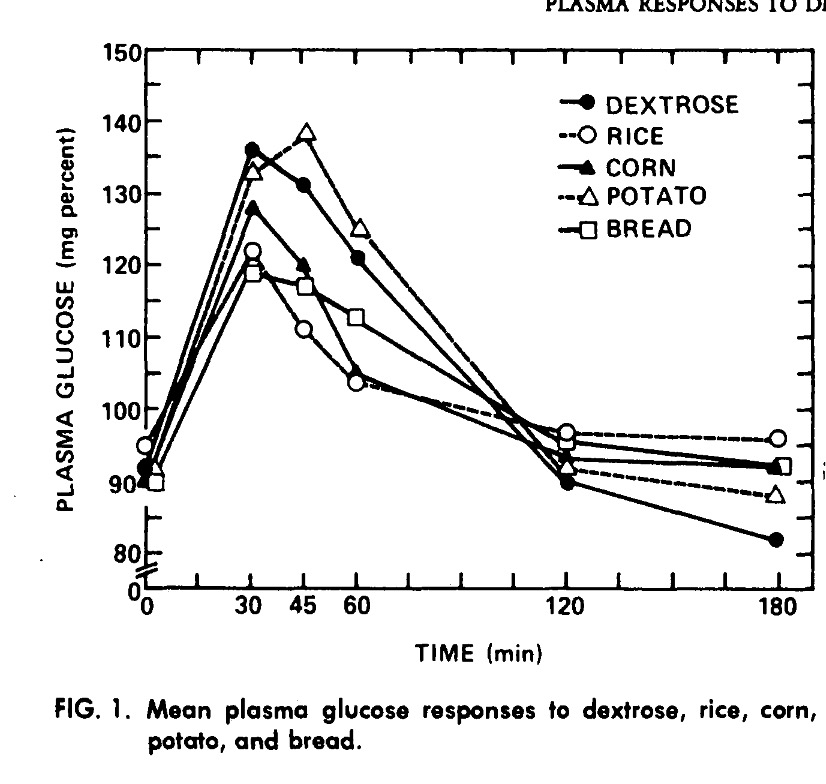New Community, I’ve created some seed posts!
Carnivore - The ultimate elimination diet
Purpose
- lifestyle
- food
- Science
- problems
- Recipes
- Sustainability
- Regenerative lifestyle
Rules
- Be nice
- Stay on topic
- Don’t farm rage
- Be respectful of other diets, choices, lifestyles!!!
This is just a troll community that is cutting its nose to spite its face because the poster has some revenge fantasy towards the vegans users of Lemmy.
The carnivore diet is not healthy as humans are supposed to eat vegetables and fruit. You will damage your heart and increase your risk for cancer following this dangerous diet.
Red meat (beef, veal, pork, lamb and mutton) consumption contributes several important nutrients to the diet, for example essential amino acids, vitamins (including B12) and minerals (including iron and zinc). Processed red meat (ham, sausages, bacon, frankfurters, salami, etc.) undergoes treatment (curing, smoking, salting or the use of chemical preservatives and additives) to improve its shelf life and/or taste. During recent decades, consumption of red meat has been increasing globally, especially in developing countries. At the same time, there has been growing evidence that high consumption of red meat, especially of processed meat, may be associated with an increased risk of several major chronic diseases. Here, a comprehensive summary is provided of the accumulated evidence based on prospective cohort studies regarding the potential adverse health effects of red meat consumption on major chronic diseases, such as diabetes, coronary heart disease, heart failure, stroke and cancer at several sites, and mortality. Risk estimates from pooled analyses and meta-analyses are presented together with recently published findings. Based on at least six cohorts, summary results for the consumption of unprocessed red meat of 100 g day-1 varied from nonsignificant to statistically significantly increased risk (11% for stroke and for breast cancer, 15% for cardiovascular mortality, 17% for colorectal and 19% for advanced prostate cancer); for the consumption of 50 g day-1 processed meat, the risks were statistically significantly increased for most of the studied diseases (4% for total prostate cancer, 8% for cancer mortality, 9% for breast, 18% for colorectal and 19% for pancreatic cancer, 13% for stroke, 22% for total and 24% for cardiovascular mortality and 32% for diabetes). Potential biological mechanisms underlying the observed risks and the environmental impact of red meat production are also discussed. The evidence-based integrated message is that it is plausible to conclude that high consumption of red meat, and especially processed meat, is associated with an increased risk of several major chronic diseases and preterm mortality. Production of red meat involves an environmental burden. Therefore, some European countries have already integrated these two issues, human health and the ‘health of the planet’, into new dietary guidelines and recommended limiting consumption of red meat.
It’s not a troll. I genuinely don’t care what other people eat. I’m going to talk about it, and I want a place to talk about it.
The study you link to, is comically, linking all of the metabolic syndromes to the consumption of meat.
Let’s consider diabetes, type 2 diabetes is defined as the inability for the body to regulate blood glucose. Blood glucose is introduced from the consumption of sugar, or carbohydrates, or fructose.
A type 2 diabetic can bring their blood sugar down, just by not eating glucose, or sugar, or fructose, or carbohydrates.
Fat, and protein, which is what most animal food is, does not introduce glucose into the blood.
You don’t have eat only meat to avoid having too much sugar.
Just eat whole foods, there are so many grains, vegetables, fruit, nuts and seeds you could eat instead.
Don’t go for the fast food meals, processed stuff or candy.
Carbohydrates are converted to glucose in the liver. Someone who needs to maintain very strict glycemic control needs to be careful with grains and fruit.
You’re clearly talking out of your ass.
You don’t have to take my word for it.
https://doi.org/10.2337/diab.26.12.1178 - Plasma Responses to different Carbohydrates - 1977

You don’t even have to trust the literature, blood glucose monitors are ubiquitous and inexpensive. You can measure your own glucose response to different foods. This is why diabetics taking exogenous insulin have to dose their insulin based on the carbohydrates they are consuming.
That study you sent doesn’t prove the carnivore idea at all.
I can’t read your mind, when you call me names and say I’m wrong, I have to use context to guess what the topic actually is. So I gave you date on carbohydrate glycemic load, which was the content of the message that you insulted me for… A reasonable person would assume you had a issue with the topic you were responding to.
Waauw, the instant downvotes
Indeed - Carnivores are clearly a underserved minority in the fediverse. That is why I decided to make the community, a safe space for brisket!
At least vegetarian and vegans can block it
That would be a good outcome! some people, however, live to downvote things they don’t like - over and over, every day! Oh well, thats life in the fediverse.
I’m actually subbed to multiple vegan/veggie communities - and I only upvote there. I’m mindful it’s a safe space for vegans to discuss amongst themselves and I’m thankful I can read and participate.
Just to front run the inevitable arguments - There are many healthy lifestyles / diets - Carnivore is one option. I have no urge to convert or decry other choices.
If your thriving, and insulin sensitive, doing something else - more power to you! Good on you.
What evidence do you have that it’s healthy? Everything I’ve seen points to meat being linked to things like heart disease and cancer.
Also, how do you rationalize choosing a diet that maximizes animal suffering and environmental harm?
Thanks for asking the questions! I appreciate your willingness to have a discussion!
The purpose of this community is not to change anybodies minds, or campaign, I’m happy people have chosen other diets - and I’m really glad those other paths are working for people!
What evidence do you have that it’s healthy?
The most concise resource I can point you to is : https://www.dietdoctor.com/low-carb/skeptical-doctors They do a excellent, job and cite sources!
Carnivore is a subset of a low carb / ketogenic diet.
If you want to join me in discussing the literature: https://hackertalks.com/post/5678163 https://hackertalks.com/post/5678151 https://hackertalks.com/post/5592913 https://hackertalks.com/post/5596592 (This one requires a few more hoops and is a study about exogenous ketones, but still relevant when making diet choices)
Insulin resistance is the de facto marker of modern health issues; Carnivore by virtue of not spiking insulin, is a insulin sensitive diet, and avoids the metabolic syndrome family of problems (high blood pressure, cardio vascular disease, fatty liver disease, diabetes etc, etc)
Everything I’ve seen points to meat being linked to things like heart disease and cancer.
Heart disease is inextricably linked to metabolic syndrome, and insulin resistance; There are also findings suggestive of cancer linked to metabolic syndrome as well (see above). Carnivore, as a strict ketogenic subset, avoids metabolic syndrome entirely by maintaining insulin sensitivity.
how do you rationalize choosing a diet that maximizes animal suffering
If you choose a non-animal food diet for philosophical reasons, I applaud you, I can’t fault you, and I wish you the best success.
Personally, I have a long journey to fix metabolic issues, and the bioavailability of animal based nutrition is significantly higher https://hackertalks.com/post/5606539 and is part of my recovery plan. Getting proper vitamins and minerals is hard on any diet! Depending where you draw the line, this can be achieved with dairy, eggs, and fish as well.
how do you rationalize choosing a diet that maximizes … environmental harm?
I agree modern farming techniques need to be changed for both sustainability and humanitarian reasons. I’ve discussed the improvement of modern industrial food production before: https://hackertalks.com/post/5620914/6043326 but it boils down to
- Regenerative farming is a must
- No grain for ruminant animals, use the 15% of the earths surface that is only suitable for range land to feed the ruminants.
- Animals living natural lifestyles and diets are the healthiest, and the best for the food supply
- Removing needless medication and hormones from animal production is a must.


